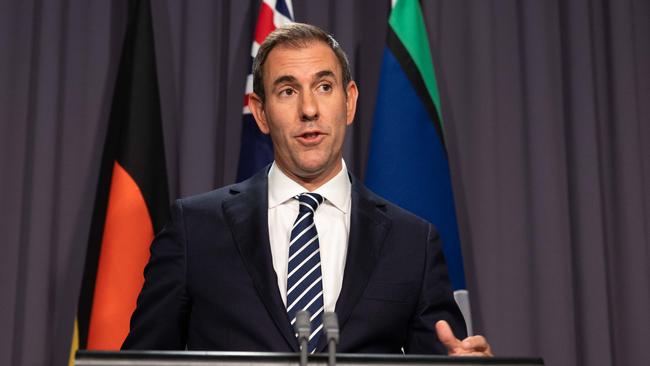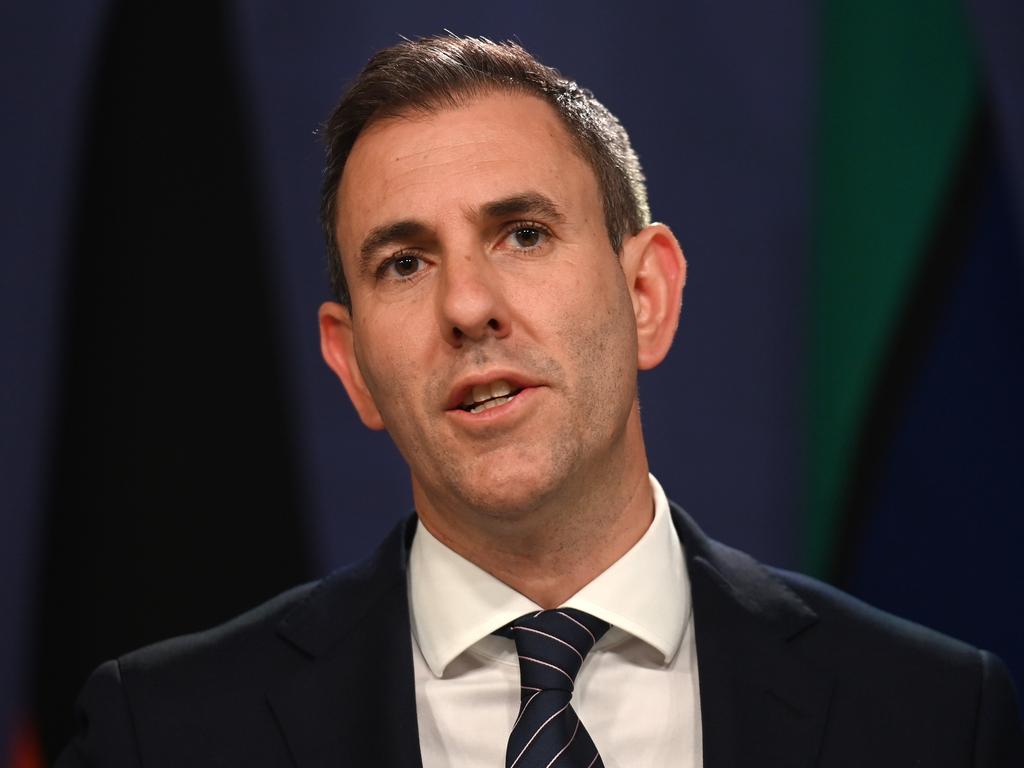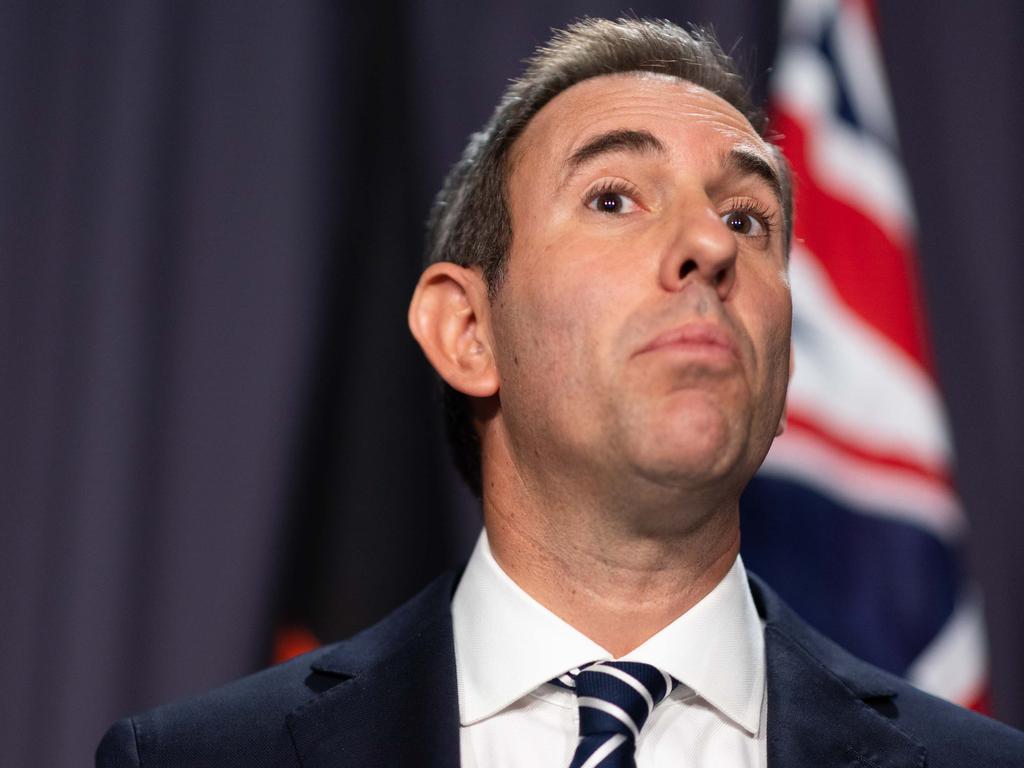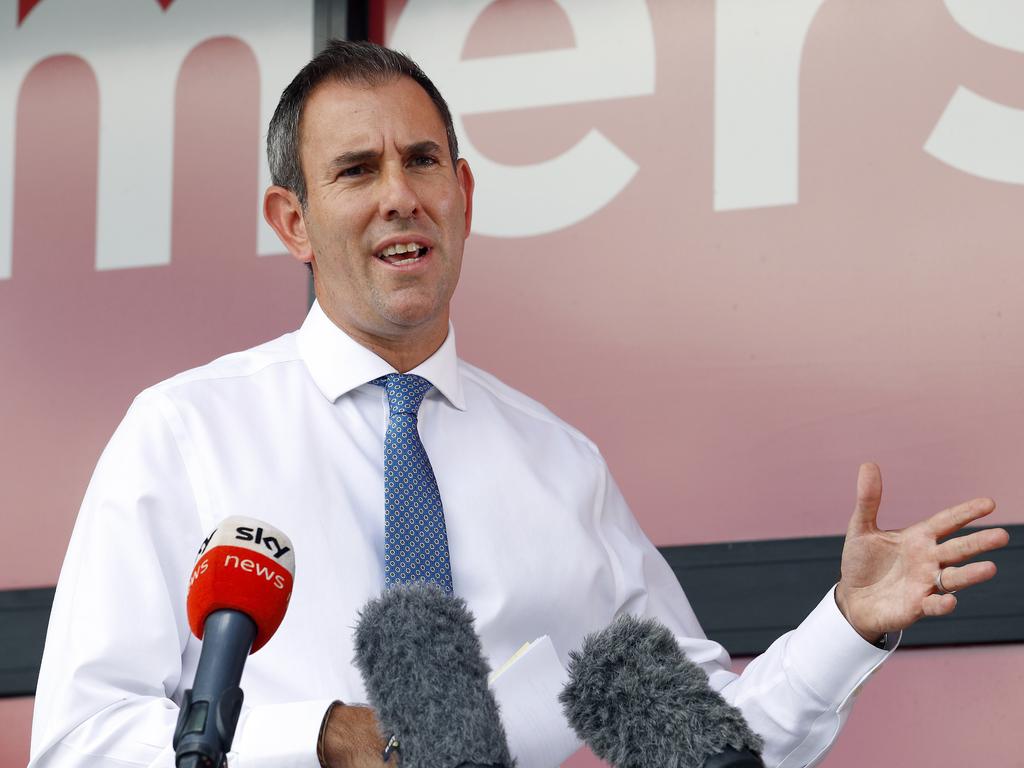
Despite high inflation and broader cost of living pressures at the moment, those legislated increases won’t necessarily result in pay rises for some. If your employer is so inclined they can bump up your super by eating into your take home pay, rather than doing so with what would otherwise be an extremely modest pay rise, albeit one you can’t benefit from until your retirement.
While super investments are ours and not the governments, part of the social contract between the state and its citizens involves taxation. Because super isn’t taxed at the same (higher) rate as other income - instead enjoying all sorts of concessional benefits - the state can treat it differently to take home pay.
Equally, the capital gains within your super investments aren’t taxed the way other capital gains are. And once you’re retired the earnings from your super either aren’t taxed at all or are modestly taxed compared to the taxation treatment of interest earned on investments during ones working life.
I’m a defender of compulsory super. It’s introduction by Paul Keating was a glorious public policy decision which has helped and will help many Australians to enjoy a more comfortable retirement than they otherwise might have. Which is not to say that hindsight hasn’t revealed better ways that it could have been legislated. But at least it is there.
Super has the potential to take pressure off government coffers, especially in the context of an ageing population. Australia’s super savings are world leading, with those investments also helping to stabilise our financial system.
But reforms are necessary. The problem of course is that fiddling with super can throw out people’s retirement planning. That’s bad for the individual but it also results in a political backlash when politicians who do the fiddling get caught out or called out.
Having read through the newest set of “reforms” the Treasurer is considering its hard to see them as more than a word salad. In his recent The Monthly essay he also alluded to the notion of government being able to steer super investments into significant national infrastructure projects. For anyone with an ounce of understanding about investment decision making this should be concerning.
While greedy politicians might look at super funds as play money they would love to get their grubby little hands on, surely the whole purpose of those funds must First and foremost be to adhere to the interests of the owners of super savings? Not to satisfy a political penchant for an uneconomic fast train between Sydney and Canberra, for example.
If you want to tick a box such that your super can go into “nationally important projects“ (cough) rather than high yield (perhaps overseas) investments, go right on ahead. But it must be a choice.
If the government wants to incentivise investments in national projects by making the tax treatment of such investments more enticing, that could be a viable option. But simply shoehorning our money into stuff a particular government wants private citizens to fund rather than the state is deeply inappropriate. Unless you live in a command economy I suppose.
Not that such musings formed part of the Treasurer’s word salad revealed today. What we know about his latest foray into higher thinking is simply that he wants a legislative mechanism such that super is purpose built to provide people with a “dignified retirement”.
Isn’t that obvious? Why does it need to be enshrined? Why does super also need a voice to parliament? Given what a dignified retirement precisely constitutes is always going to be subjective, enshrining the term in legislation will likely lead to more debates and more partisan disagreements rather than fewer. Thereby politicising the super debate even further.
Peter van Onselen is a professor of politics and public policy at The University of Western Australia and Griffith University.








It sometimes feels like politicians don’t understand that the money in our superannuation portfolios isn’t theirs to play with. It is ours, a component of the salaries we all earn, albeit money we can’t access until retirement. And it’s a sizeable component of our salaries, 10.5 per cent to be precise, legislated to increase to 12 per cent in the coming years.